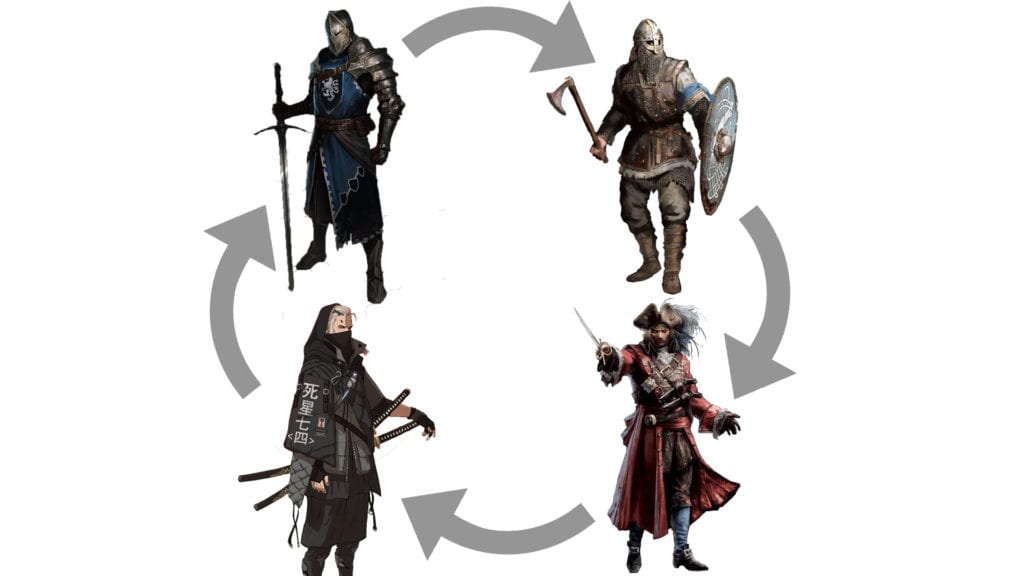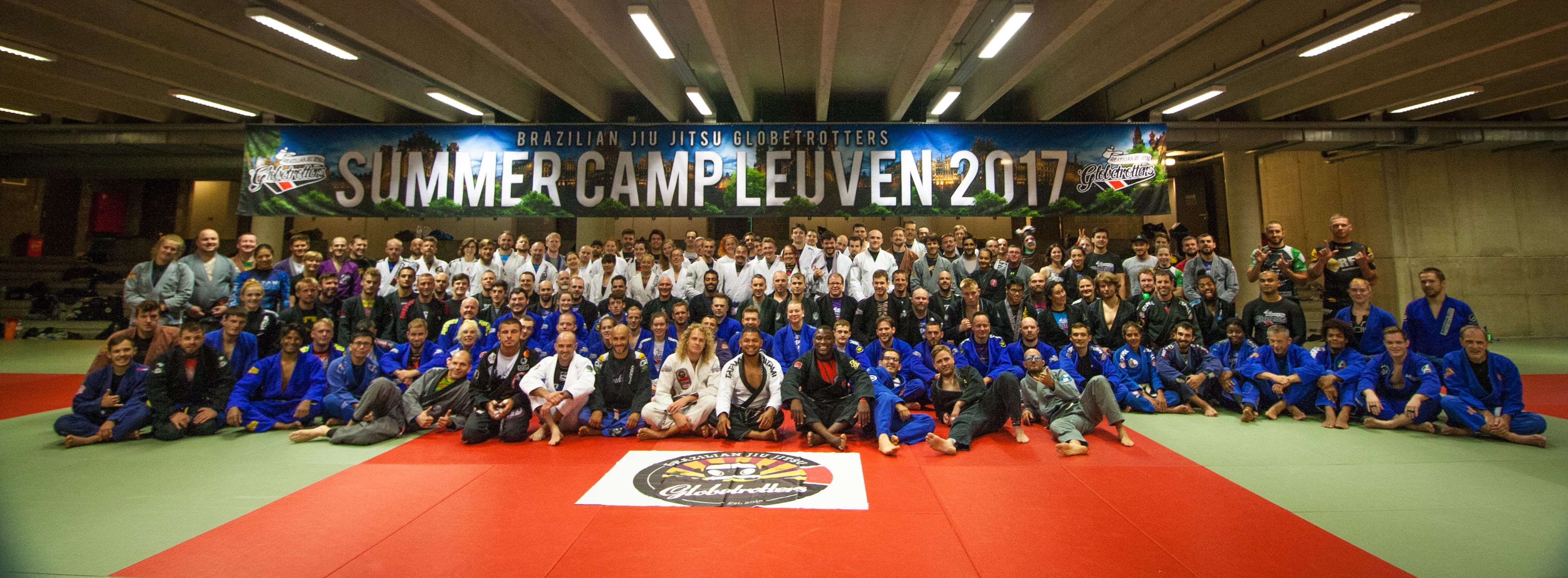The business model behind the BJJ Globetrotters camps
About a month ago, I announced six new camps for 2018, totaling 9 scheduled camps for the year. Researching and planning the camps is something that I put a lot of work and time into every season. Over the years, more and more people seem to rely on BJJ Globetrotters to plan their holidays, just waiting for the camps to be announced so they know where they’ll be going. This is a responsibility that I don’t take lightly; I am very committed offer the absolute best possible BJJ travel experiences out there for those who choose to participate.
There are a lot of thoughts going into selecting camp locations and themes, but the 2018 season has been dominated by one single goal for me – something that I have been working towards achieving for a long time and finally managed to do.
The Caribbean Island camp has long been the “pirate-themed” camp of BJJ Globetrotters. Later on, we more of less randomly ended up discovering a Japanese village in the middle of a forest in Poland to host the Zen Camp and that’s where the idea started to materialize in my head. The business plan on which I would end up basing the entire season of camps:
- In one year, do camps for all four distant cousins of conquer and pillage: Pirates (Caribbean Island camp), Vikings (Iceland Camp), Samurais (Zen Camp) and Medieval Knights (Castle Camp). Full circle.

I drew this illustration on my white board back when I started working on the camps about six months ago and I’m very satisfied that I actually managed to achieve it. Renting an insanely expensive castle for just 20 people made zero sense from a business perspective but the medieval knights were the last ones I needed, so I was pretty much forced to do it and luckily it worked out.
So there you go, the secret business model that I base all of the BJJ Globetrotters camps on. And maybe even the secret to their success?















